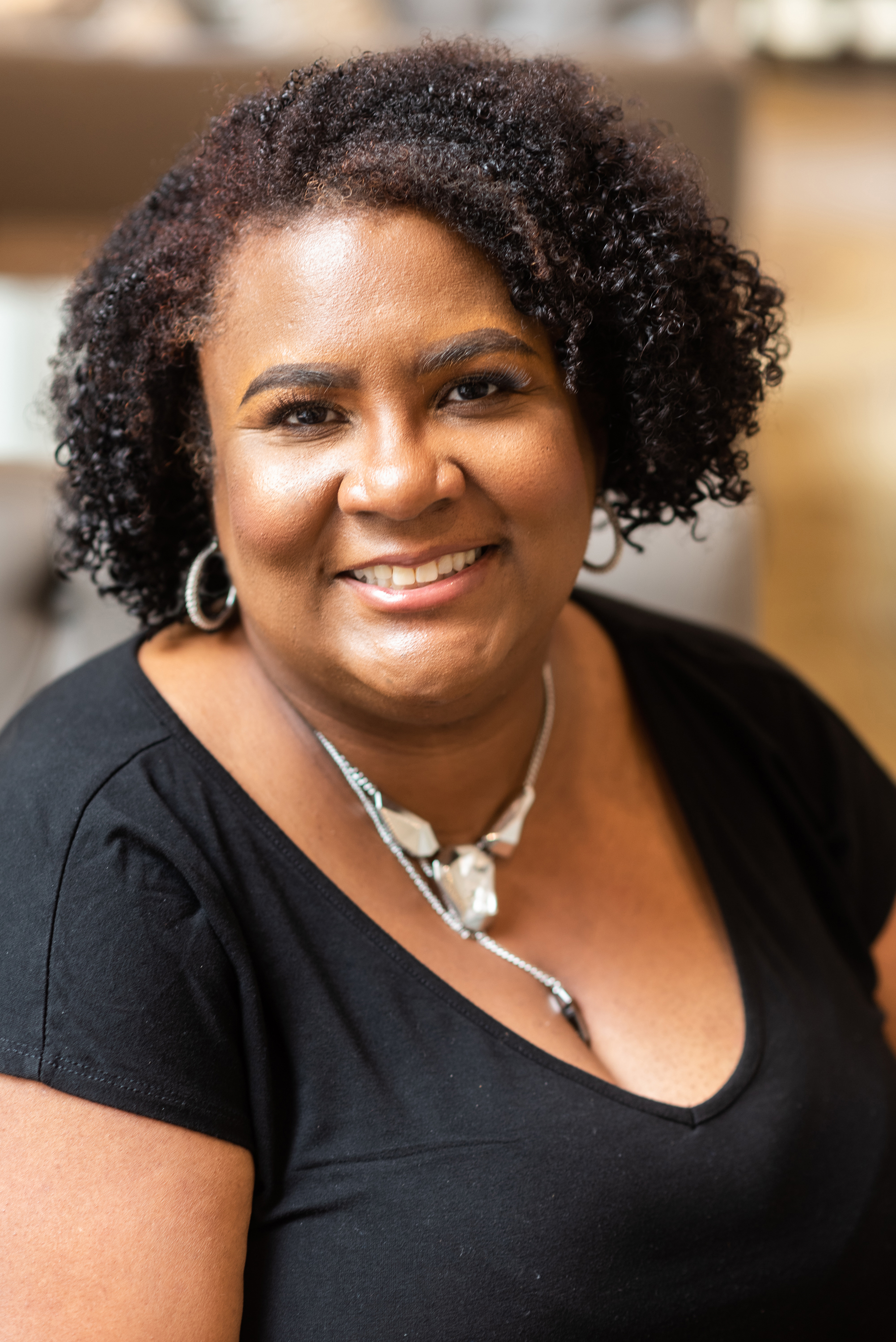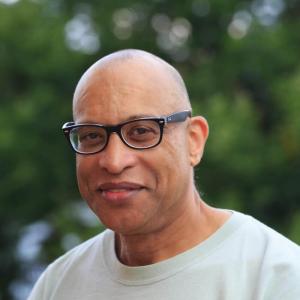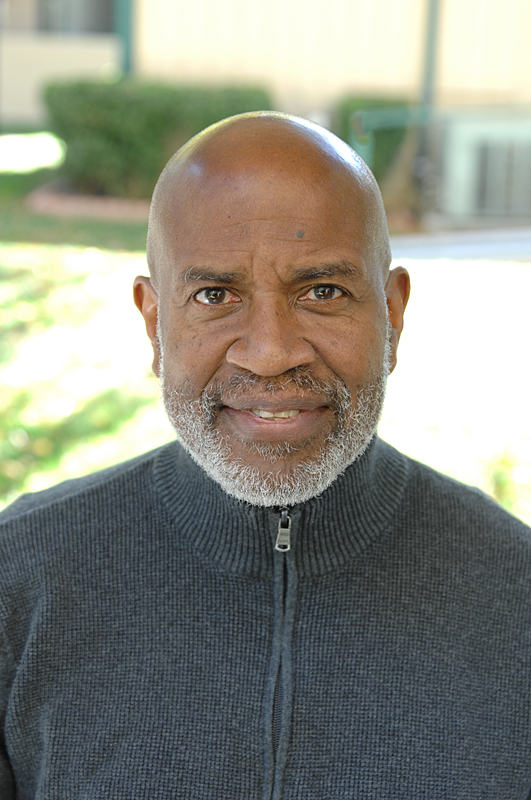
Description
Back to topThis online conference is the kick-off event of the 2021-22 year of paraDIGMS programming, sponsored by the AMS. The paraDIGMS initiative works to build a community of practice for graduate education in mathematics, with the goal of making the profession stronger and more equitable.
The goal of the conference is to highlight the work of individuals and organizations to build a diverse and equitable profession at the graduate level, while also challenging us to see how far we still have to go. With the understanding that diversity is multidimensional and intersectional, this conference has a particular focus on diversity and inclusion with respect to race and ethnicity.
The audience for this conference is the mathematical sciences community at large; individuals at all career stages and from all kinds of institutions (including undergraduate-only institutions) are welcome to participate. Participants may sign up for the conference even if they are not able to attend all sessions.
The conference will also include programming specifically for graduate program leaders: faculty members who are in leadership roles with respect to graduate education. This includes graduate directors and graduate committee members—current and soon-to-be—as well as department chairs and diversity committee members. These are the first events for the paraDIGMS working groups and workshops series. See the paraDIGMS homepage on the AMS website for more details about these programs. Note that there is an additional registration form to complete to participate in these activities.
There will be two sessions on each day of the conference, one at 2pm and one at 4pm ET.
The paraDIGMS 2021 Fall Conference will feature a lightning talks session around the theme of Diversity Committees. If you serve on your department’s diversity committee and would like to give a 5 minute talk about your experience, please sign up here.
The conference will take place online via Zoom. There are no costs associated with attending.
If you have any questions or suggestions, please contact the organizers by email: .
Plenary Speakers
Back to top
Monica F. Cox, Ph.D., is a Professor of Engineering Education at The Ohio State University and is a 2020 American Society for Engineering Education (ASEE) Fellow. She holds degrees in Mathematics (B.S., Spelman College), Industrial Engineering (M.S., University of Alabama), and Leadership and Policy Studies (Ph.D., Peabody College at Vanderbilt University, 2005). She began her academic career in the School of Engineering Education at Purdue University, where she earned a Presidential Career Award for Scientists and Engineers (PECASE), becoming the first African American woman to earn tenure in Purdue’s College of Engineering.
In 2016, she became the Inaugural Chair in the Department of Engineering Education at The Ohio State University. She is the Founder and CEO of STEMinent LLC, which houses educational assessment, professional development, and media offerings. Her research focuses on the use of mixed methodologies to explore questions across the education continuum, particularly why engineering women faculty persist. Dr. Cox has led and collaborated on multidisciplinary projects totaling approximately $16 million and has authored over 130 publications.

Dennis Davenport received his Ph.D. from Howard University in 1987, and then joined the faculty at Miami University of Ohio. At Miami University, Davenport developed the Summer Undergraduate Mathematical Science Research Institute (SUMSRI), an undergraduate research program which targets advanced mathematical science majors from underrepresented groups and women. He collaborated with several faculty members at Miami University to start the Mathematical Enrichment Program (MEP), which is modeled after Uri Treisman’s calculus workshop project. Davenport was a Regional Director of the MAA Strengthening Underrepresented Minority Mathematics Achievement (SUMMA) program from 1991 to 2000 and directed the Miami University program of the Ohio Science and Engineering Alliance (OSEA). OSEA is part of the NSF Louis Stokes Alliance for Minority Participation (LSAMP) program, which is designed to increase the number of members from underrepresented groups in mathematics, engineering and the sciences. From 2000 – 2002, Davenport also served as a program director in the Division of Undergraduate Education (DUE) at the National Science Foundation (NSF). In the years since, he has returned to his alma mater as faculty, and now holds the position of Graduate Director, while also serving on the AMS Policy Committee on Equity, Diversity, and Inclusion.

Lloyd E. Douglas is an independent consultant. A Certified Research Administrator, he is the former Associate Director, Office of Contracts and Grants at the University of North Carolina at Greensboro. Before going to UNCG, he was Assistant to the Vice President for Research at the University of Nevada, Reno. He is a former first vice-president of the MAA and has serves as its Governor-at-Large for Mathematicians in Business, Industry and Government as well as a member of its Distinguished Lecture Series committee. He is also a former chair of its Committee on Minority Participation in Mathematics and its former Interim Director of Programs. From 1984 to 2008, he worked at the NSF and while there oversaw a large increase in the REU program in the Division of Mathematical Sciences. He also managed the Mathematical Sciences Postdoctoral Fellowships, served on the coordinating committee for NSF’s CAREER program and co-chaired the implementation committee for the NSF’s ADVANCE program. He received NSF’s Meritorious Service Award in 2007. He is the Principal Investigator on MAA’s National Research Experience for Undergraduates Program, whose goal is to support the participation of mathematics undergraduates from underrepresented groups.
Panels
Back to topDifficult conversations: a crucial aspect of community building and maintenance
Panelists: Tarik Aougab (Assistant Professor, Haverford College), Candice Laster (Director of Learning Assistance Program / Learning Specialist, Texas Tech University, and EDGE Difficult Dialogues Facilitator), and Judy Walker (Associate Vice Chancellor for Faculty and Academic Affairs, University of Nebraska, Lincoln)
Graduate school is a uniquely difficult time in many people’s academic journeys. This difficulty is often created or exacerbated by toxic departmental dynamics. Faculty are the touch point for students to voice concerns or share struggles, especially once they’ve reached a breaking point. The way that faculty react to students in the moment (listening closely, affirming experiences, outlining paths forward/setting up a time to follow-up) is crucial. The conversations that faculty have with other faculty in the department as they work to address a student’s concerns/figure out the department can better meet the student’s needs are also extremely crucial. This panel will focus on some practical, big picture tips and tricks on how to facilitate these conversations with students as well as some more nitty gritty examples of faculty engaging in this work within their own departments.
Undergraduate programs and grad school admissions
Panelists: Deanna Haunsperger (Professor, Carleton College), Herbert Medina (acting President and Provost, University of Portland), and Ivelisse Rubio (Professor, Universidad de Puerto Rico)
The growth of REUs and other undergraduate summer programs over the past decades has shaped the way we train beginning research mathematicians, the way we conduct graduate school admissions, and how we think about who can do math research. This panel of experienced program leaders will discuss their experiences and perspectives on helping their students navigate the grad school application process, how this process is experienced by students with marginalized identities in particular, and what graduate programs should learn from these experiences and the successes of their programs.
Effecting change and responding to challenges
Panelists: Ben Braun (Professor and Director of Graduate Studies, University of Kentucky), Anne M. Ho (Senior Lecturer and Director of the Master of Mathematics (MM) distance education program, University of Tennessee), and Richard McGehee (Professor and Director of Graduate Studies, University of Minnesota)
In the past 18 months, graduate programs have been faced with unprecedented challenges. This panel of graduate program leaders will discuss their experiences leading programs that made concerted and sustained efforts to build and support diverse graduate student bodies, particularly the challenges that they faced and how they responded to them.
Schedule
Back to top| Thursday, Oct. 28 | Friday, Oct. 29 | Saturday, Oct. 30 | Sunday, Oct. 31 | |
| 2pm Eastern | Monica Cox | Difficult Conversations panel | Dennis Davenport | Graduate directors panel |
| 4pm Eastern | Lightning talks | Reading groups | Undergraduate programs and grad school admissions panel | Lloyd Douglas |
Policies
Back to topStatement of Inclusion
The organizers of the paraDIGMS Fall Conference are committed to creating an environment that is inclusive, supportive, and safe. We support the rights of all attendees to fully participate in the conference regardless of race, sex, religion, national origin, sexual orientation, gender identity, disability, age, pregnancy, immigration status, or any other aspect of identity. Please see the AMS’s Policy on a Welcoming Environment.
Conference Policy on Harassment and Discrimination
All participants at the paraDIGMS Fall Conference will be treated with dignity and respect, and discrimination or harassment of any form will not be tolerated. Participants who do not comport themselves in keeping with the conference’s statement of inclusion will be banned from the conference and run the risk of being excluded from all future paraDIGMS programming. Please see the AMS’s Policy Statement on Anti-Harassment.